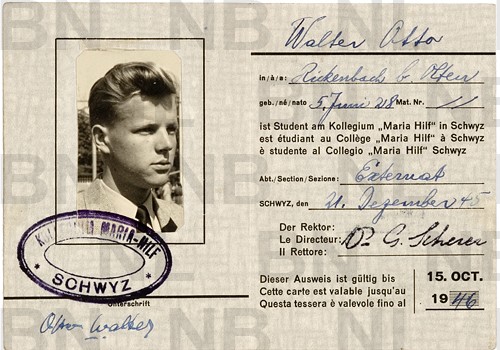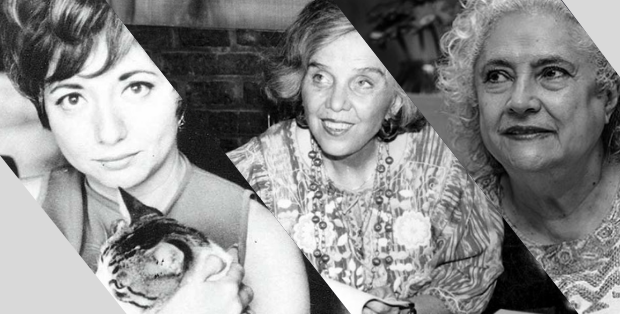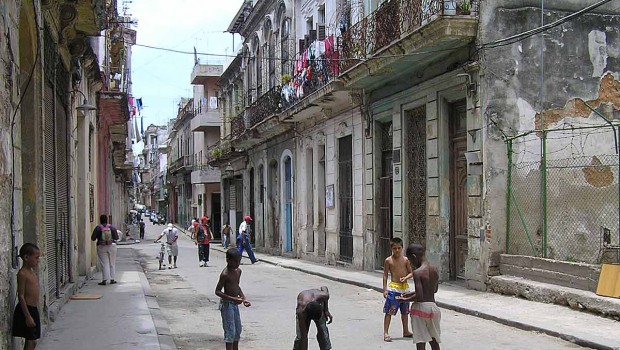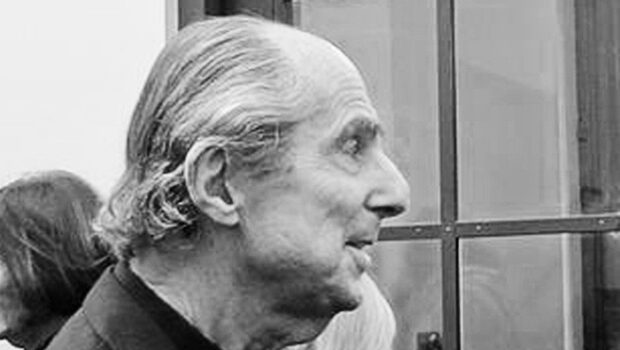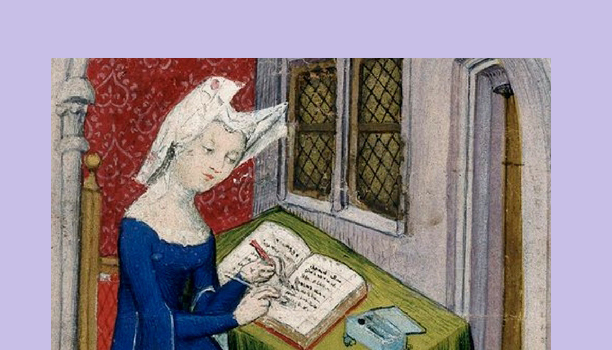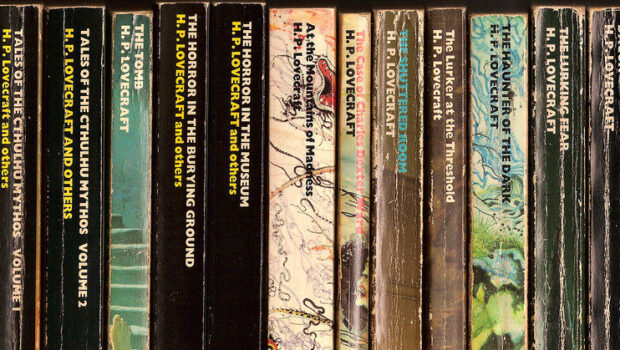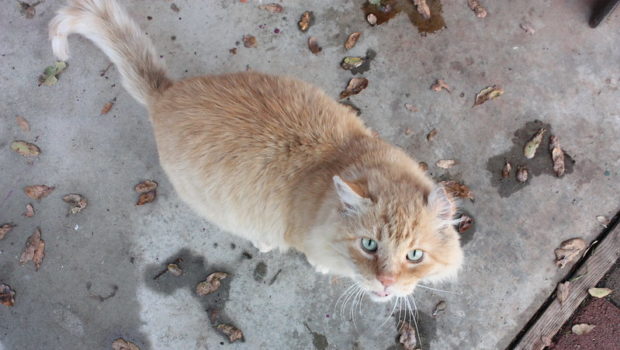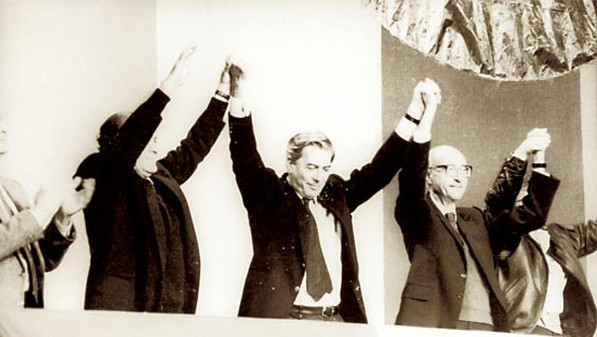“And Everything Was There”. On Otto F. Walter´s First Novel The Mute
Robert Leucht
Otto F. Walter’s (1928-1994) debut novel The Mute is one of the most original and aesthetically intriguing novels written in Switzerland during the 1950s.
Walter who made himself a name in literary history primarily for his work as a publisher, is the author of seven novels, several political essays, as well as two plays. During the 1960ies, he was one of the co-founders of the Swiss writer’s group “Gruppe Olten“ and in charge of the literary program of his father’s publishing house, “Walter-Verlag“.
It was there that Walter edited a series, the so called “Walter Drucke“, that soon became an exclusive address for innovative writing of the time. In 1966, however, after the publication of Ernst Jandl’s laut und luise, a collection of poems, Walter was dismissed and left his home country for Germany where he became responsible for the literary program of the prestigious “Luchterhand-Verlag“ and later on its chief editor.
The Mute, which has earned its author the Charles- Veillon-Price in 1959, tells the story of a little boy called Loth, who witnesses how his violent and heavily drunken father pushes his mother down the stairways. The woman dies, the father is imprisoned, while Loth, who due to this incident loses his speech, grows up with his relatives. Unable to overcome his agony, the boy searches for his father and through several hints finds him working at a remote construction site in the Swiss mountains. Once Loth arrives at the place, he observs his father, whereas he remains unrecognized by the father as his son.
It is in this unusual, yet semantically highly charged setting that the novel mainly takes place. The construction zone serves as a powerful image for the two main characters’ relation: The attempt to connect two valleys with each other by breaking through piles of stones echoes the father-son-constellation itself. The encounter of the two main characters, their mutual recognition and acceptance, however, fails to come off until the end of the novel, when Loth who becomes a co-worker in the team performs a detonation that kills his father. In the postscript of the book it says: “On December 27th of the same year a man reported to the police station at Fahris (Morneck). His clothes were torn and he seemed to have eaten almost nothing for several weeks. He was a young man; he testified that on October 21st, at a roadbuilding site near the pass leading to Fahris, he had killed his father.“ (p. 207) Did the boy regain his ability to speak, the reader asks himself at the very end of the novel? Did he really kill his father? Why did he confess to the police? The book, however, here as as in every other context avoids easy explanations and through the subversive medium of fiction invites us to either come up with these answers ourselves or to be stimulated by the uncertainties it so skillfully evokes.
The Mute is a carefully orchestrated novel consisting of 23 chapters. The twelve chapters with uneven numbers foreground the boy’s perception and memories, whereas those with even numbers are dedicated respectively to one of the ten workers at the roadbuilding site.
In the latter ones Walter uses the highly unusual second-person-narration, known also from Michel Butor La Modification (1956) through which the respective worker is directly adressed by the narrator als “you“. Here we fi nd sentences like: “When you came in among the trees again you looked back once more.“ (p. 69), or: “Then you realized there was something wrong“ (p. 89), or: “But you, Kehrer, did you hold out?“ (p. 145)
Through this twofold narrational technique the book creates a contrast between the boy and the people surrounding him: The little introspection regarding the workers is contrasted by the detailed portrayal of the thoughts, feelings and perceptions of the main character.
The violent past that Loth was exposed to, for example, is described exclusively through the boy’s recollections. And images of the past run through his mind constantly, during the day and during the night. One night, when Loth is trying to fall asleep he remembers a scene in which his father was drinking heavily, making out with another woman–“and everything was there“ (p. 25) it says, exposing the closeness of the past atrocities.
It is especially in the course of the transitions from the protagonist’s present thoughts to his recollections and backwards that Walter’s literary skills become particularily evident. Loth when one day standing at the construction site is reminded once again of the past: “What now began to pound in his ears was not just the noise around him any more, nor was it just the blows that echoed sharply back from the stones, it was the old footsteps again, and he heard them without stopping his work; he struck savagely at the rock like a man possessed, at the rock, at the pounding, at the neck and at the footsteps, nocturnal footsteps, his father’s footsteps in the night, sweat ran into his eyes and he didn’t stop working, but he heard them nevertheless–“(p. 59- 60)–“at the rock, at the pounding, at the neck“, “the footsteps, nocturnal footsteps, his father’s footsteps“, it says, and in this particular passage we see how Walter’s language not only describes, but through the recurrence of the same words evokes the pounding of the father’s footsteps. The intensity of the boy’s memory is exposed to the reader through the use of a highly poetic language.
But the quoted passage indicates another important aspect of the book as well: While its main character is unable to articulate sounds, the novel at the same time is a highly auricular one. This holds true not only for the world of Loth’s childhood, but also for the world of the construction site. Again and again, the book describes the many unbearable sounds of the setting, the noise of jackhammers and drillers, the bangs of explosions, whenever the workers are trying to break through the piles of stones, the voices of the men screaming at each other, and their noisy laughters after their drinking. These sounds of the outside world are in sharp contrast to the protagonist’s inability to articulate any sound at all. Whereas on the one hand we find scenes in which Loth shuts himself off from the world even more by closing his eyes, or putting his hands over his ears, on the other hand there are same, in which he wants to be recognized by his father, trying to call his attention. Regarding his inability to talk, the little boy gives his father signs of another kind, when he tries to show him the key of a motorbike the father once possessed, or when he considers writing things down for the father to read.
What connects this aesthetically original book, however, to other novels of the time is his sense of regionalism. Remarkable is not only the very place of the construction site but also its surroundings: Walter sets his novel in the very rural part of the country. With the fictitious village of “Jammers“ (which echoes the German word for lamenting; “jammern“) nearby the construction site Walter, as in later books too, draws his attention rather to the periphery than on to the center. And the world he unfolds here is as dark and unfriendly as the one in another great debut novel of the time, Thomas Bernhard’s novel Frost (1963), which is set in an equally small and remote town called “Weng“ (colloquial for “wenig“, a little).
Repetitively, Walter describes the rocky landscape, in which the construction site is located, the constantly strong winds that howl through the place, the rainfalls, and the lack of sunlight, which adds up to an all too gloomy atmosphere. Nature, however, as in Bernhard’s works and that of other writers of the time, such as Hans Lebert’s Die Wolfshaut (1960), one of the books that influenced Elfriede Jelinek’s The Children of the Dead (1995), does not only serve as a background, it is rather shown as a brutal force that eventually turns active. Showing the perspective of the boy, it once says: “afraid perhaps only because everything here was so strange and because he knew that he was going to meet the man, his father, or afraid simply because somewhere down below, this flag or whatever it was was flapping wildly in the wind, or because the trees here were angry monsters, huge rearing animals, and they struck with their shaggy forepaws at the net of clouds–” (p. 14)
None of the novels Walter published after The Mute could match with the extraordinary quality of his debut. The man who later in his life became an active member of the Swiss Social Democratic Party, however, deserves a place within post-war Swiss literature not only for his achievements as a publisher, but also for his deeply moving first novel.
It is a novel that adds to the polyphony of Swiss literature after World War II, a time that is all too often reduced to the works of its two giants: Max Frisch and Friedrich Dürrenmatt.
Quotations are taken from: Otto F. Walter: The Mute (transalted by Michael Bullock), New York: Grove Press 1962.
Posted: April 20, 2012 at 7:50 pm


